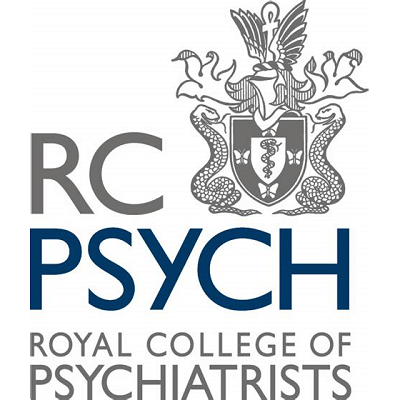Complex PTSD
PROVIDED BY

This information is for anyone who is experiencing post traumatic stress disorder (PTSD), or who knows someone who is.
What is complex PTSD?
Some people develop complex post-traumatic stress disorder (complex PTSD). This is caused by experiencing an event or series of events that are extremely threatening or horrifying. These events can happen during childhood or as an adult.
Quite often these events will have been difficult or impossible to easily escape from or avoid. For example:
- torture
- slavery
- genocide campaigns
- living in a war zone
- prolonged domestic violence
- repeated childhood sexual or physical abuse.
As well as the symptoms of PTSD, people with complex PTSD might also:
- have extremely negative beliefs about themselves as ‘diminished, defeated or worthless’
- have great difficulty in regulating their emotions and emotional responses
- find it extremely difficult to keep relationships and feel close to other people
How can I recover from complex PTSD?
Lack of trust in other people and the world in general is common in people with complex PTSD. Treatment is often longer to allow them to develop a secure relationship with a therapist. The work someone with complex PTSD does with a therapist will often happen in three stages:
Stabilisation
- In the stabilisation stage you will learn to trust your therapist, and understand and control your feelings of distress and detachment.
- As part of stabilisation, you might learn 'grounding' techniques. These can help you to concentrate on ordinary physical feelings, and remind you that you are living in the present and not the past.
- Stabilisation can help you to 'disconnect' your feelings of fear and anxiety from the memories and emotions that produce them. This can help to make these memories less frightening.
- The aim of stabilisation is that you will eventually be able to live your life without experiencing anxiety or flashbacks.
Sometimes stabilisation may be the only help that is needed.
Trauma-focused therapies
Therapy that focuses on trauma, including EMDR or TF-CBT, can help you to process your traumatic experiences. Other psychotherapies, including psychodynamic psychotherapy, can also be helpful. Care needs to be taken in complex PTSD because these treatments can make the situation worse if not used properly.
Reintegration or reconnection
Reintegration, into a routine way of life, can help you to get used to the real world now that you are no longer in the dangerous situation you were in before. It can help you to begin to see yourself as a person with rights and choices.
Reintegration will help you to:
- relate compassionately to yourself and others
- re-establish trust in yourself and others
- reengage in friendships, intimate relationships and activities that promote your health and wellbeing
Medication
As with PTSD, antidepressants or other medication can be used as well as psychotherapy. Medication can also be used if psychotherapy is not working or is not possible for you. It may help to have a mental health specialist review your medication as well.
Self help
If you have complex PTSD, it can be helpful to try and do normal things that have nothing to do with your past experiences of trauma. This could include:
- making friends
- getting a job
- doing regular exercise
- learning relaxation techniques
- developing a hobby
- having pets.
These things can help you to slowly trust the world around you. However, this can take time and there is no shame in finding these things hard or being unable to do them straight away.
